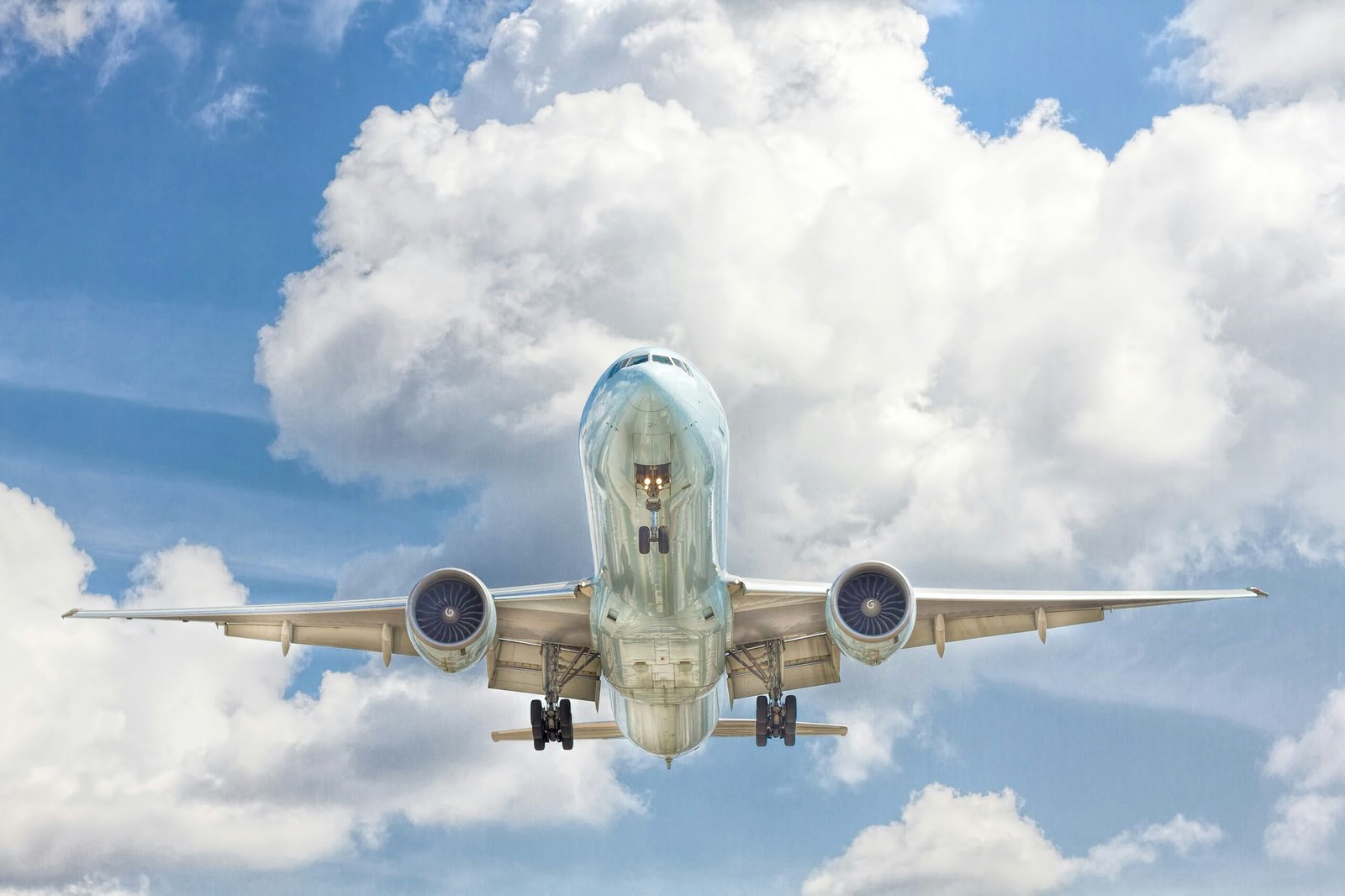As travelers, we often find ourselves wondering about the potential disruptions that may impact our plans. Whether it’s due to weather conditions, technical issues, or unforeseen circumstances, air travel can sometimes be subject to delays or cancellations. In this article, we will explore the factors that can affect air travel and provide insights into whether it will be affected tomorrow.
1. Weather Conditions
One of the primary factors that can disrupt air travel is adverse weather conditions. Severe storms, heavy snowfall, or strong winds can pose safety risks and lead to flight delays or cancellations. Airlines prioritize passenger safety and may adjust their schedules accordingly to avoid flying in hazardous weather. Therefore, if there are weather warnings or forecasts indicating unfavorable conditions tomorrow, it is likely that air travel will be affected.
2. Air Traffic Control
Air Traffic Control (ATC) plays a crucial role in managing the flow of air traffic and ensuring safe operations. Sometimes, ATC may impose restrictions or implement measures that can impact flight schedules. This can occur due to congestion, runway closures, or airspace restrictions. If there are any significant changes in ATC operations tomorrow, it could potentially affect air travel and result in delays or rerouting of flights.
3. Technical Issues
Technical issues with aircraft or airport infrastructure can also disrupt air travel. While airlines strive to maintain their fleets and facilities in optimal condition, unforeseen problems can arise. Mechanical faults, computer glitches, or issues with ground equipment can lead to flight delays or cancellations. If there are reports of widespread technical issues affecting airlines or airports tomorrow, it is likely that air travel will be affected.
4. Security Concerns
Security is a top priority for the aviation industry. In response to potential threats or security breaches, airports and airlines may implement additional security measures. These measures can include enhanced screenings, increased baggage checks, or restrictions on certain items. If there are specific security concerns or heightened alert levels tomorrow, it could result in longer wait times and potential disruptions to air travel.
5. Strikes or Protests
Occasionally, strikes or protests by airline staff, airport employees, or air traffic controllers can impact air travel. Industrial actions can lead to flight cancellations, delays, or reduced services. If there are any planned strikes or protests scheduled for tomorrow, it is likely that air travel will be affected, particularly if they involve key personnel or essential services.
Conclusion
While it is impossible to predict with certainty whether air travel will be affected tomorrow, considering the factors mentioned above can provide some insights. Weather conditions, air traffic control operations, technical issues, security concerns, and strikes or protests can all potentially disrupt air travel. Staying informed by checking with airlines, monitoring weather forecasts, and staying updated on any potential disruptions can help travelers make informed decisions and adjust their plans accordingly.
Ultimately, the safety and well-being of passengers and crew are of utmost importance to airlines and aviation authorities. While disruptions can be inconvenient, they are often necessary to ensure the highest level of safety and security. By understanding the potential factors that can affect air travel, travelers can be better prepared and navigate any disruptions that may arise.


Can you be more specific about the content of your article? After reading it, I still have some doubts. Hope you can help me.